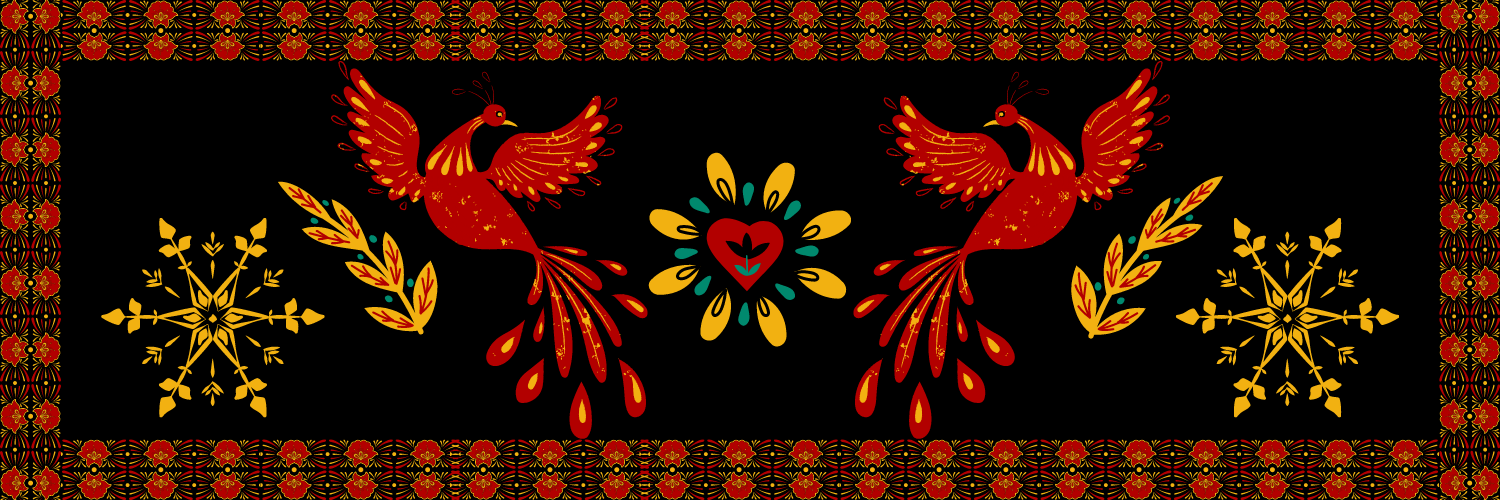Pseudodragon
Pseudodragons are the tiny cousins of true Dragons and are generally playful, but shy.
Basic Information
Genetics and Reproduction
A pseudodragon egg is the size of a chicken egg, but leathery and spotted brown, and a mating female lays 2–5 eggs every spring. A clutch of pseudodragons (the collective noun—not to be confused with pseudodragons from the same brood of eggs) usually consists of a mated pair and several near-adult offspring.
Dietary Needs and Habits
Pseudodragons are carnivores, devouring insects, rodents, small birds, and Snakes, though they sometimes eat eggs, and most also enjoy butter, cheese, and fish. They either hunt on the ground like lizards or look for prey on the wing like a raptor.
Civilization and Culture
Major Language Groups and Dialects
Pseudodragons often only vocalize in chirps, hisses, growls, and purrs, but can communicate telepathically with any intelligent creature within 60ft. if they share a language. They can all understand spoken Draconic perfectly, and can address multiple creatures at once with their telepathy, although maintaining a telepathic conversation with more than one creature at a time is just as difficult as simultaneously speaking and listening to multiple people at the same time.
Interspecies Relations and Assumptions
If approached peacefully and offered food, Pseudodragons are usually willing to share information about what they’ve seen in their territory with other creatures, but threats or violence make them flee.
As smart as a typical humanoid, they do not enjoy being treated as pets and prefer being treated as friends. They are wary of evil folk but can bond with Sorcerers and Wizards as familiars, and some have befriended Druids and Rangers or partnered with good dragons as scouts. Pseudodragons will serve as familiars if they approve of a spellcaster’s personality (and if the spellcaster takes the Improved Familiar feat), but often also bond with those whose company they enjoy or who have proven themselves true friends. A pseudodragon might follow another character in this manner for days, weeks, years, or even a lifetime if the creature is treated well, provided with food, and generally well-loved.


